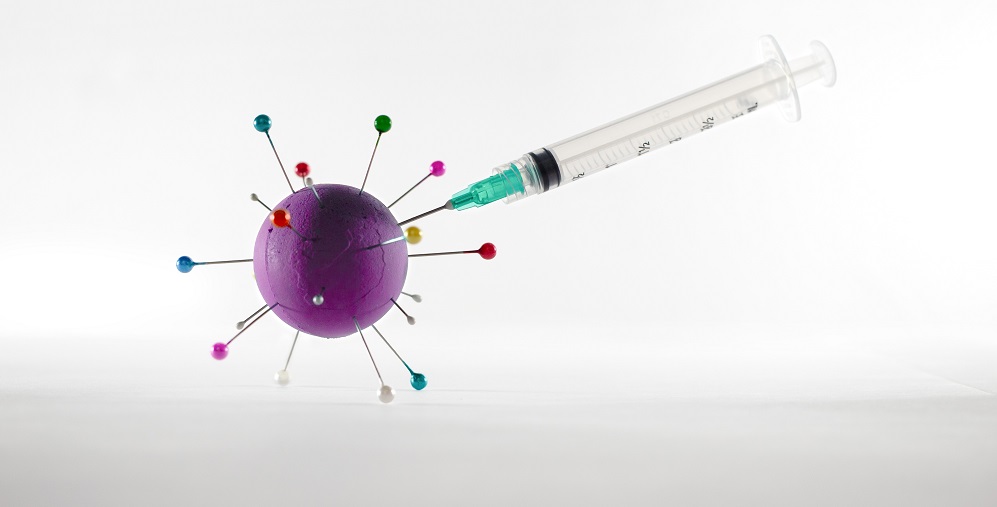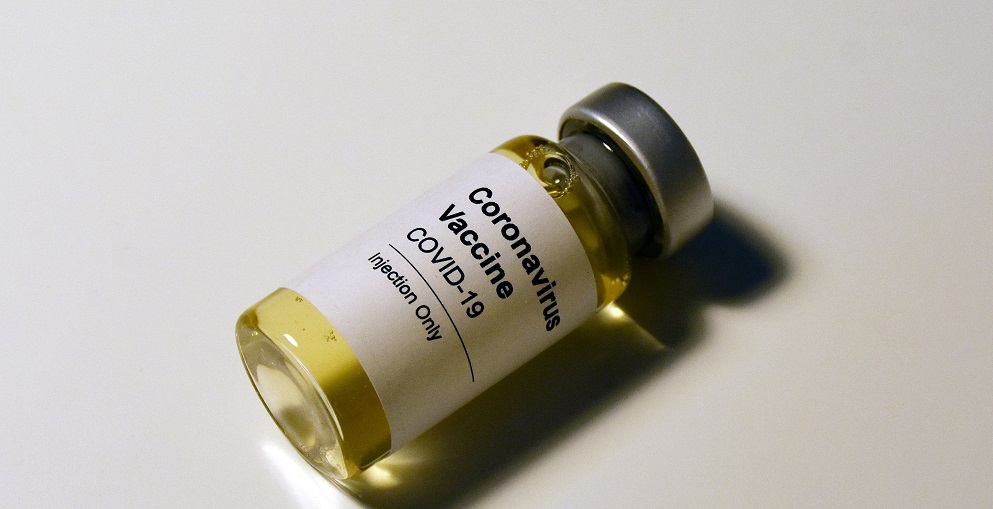Waiving Patent Protections for Covid-19 Vaccines and Its Economic Impact

Many investors and pharmaceutical corporations have been calling a flag on the play since the Biden administration announced support for waving intellectual property protections for Covid-19 vaccines. The Pharmaceutical Research and Manufacturers of America, a group including AstraZeneca, Johnson & Johnson, and Pfizer, have cried foul, claiming the unprecedented step of the administration will undermine ingenuity and competitiveness globally. The group also claims such action will create problems within supply chains and raw materials.
All of this commotion over intellectual property rights does have some novice and long-term investors worried about similar actions in other industries and the potential for tanking the economy, but is there any truth to the claim? To understand the effects and possible repercussions of the Biden administration’s patent and intellectual property decision, you must understand the history, purpose, and reality of the intellectual property debate.
The Economic Theory of Patent Protection
The theory behind protections for patents or intellectual property is to drive innovation and economic growth. In many industries, it is necessary to prevent other manufacturers from piggy-backing off the research and ingenuity of others. The laws of patents and intellectual property allow a company to hold a monopoly in the market temporarily, ensuring the developer has the opportunity to capitalize from their creation, service, or product before generic products and competitors flood the market.
While the economic theory of patent protections seems relevant and essential to market growth and development, the current argument is whether a global pandemic is a reason enough to throw away these protections; it is an argument for the greater good. While there is something to be said for competitiveness, is a pandemic the time to worry about such things? Also, is there really any concern for economic collapse or devastation if a waiver of intellectual property rights is approved?

The Reality of Intellectual Property, Competition, and the Pharmaceutical Industry
The purpose of patent protection is to incentivize innovation, but does withholding life-saving research really improve innovation, or does it only delay life-saving measures? The regulatory and licensing requirements and hurdles to bring a vaccine to market are challenging and costly. Economies of scale dictate that leading manufacturers have little concern over competition from generic or low-cost manufacturers.
It is also worth noting the supply and demand issues with pandemic vaccines. If only a tiny percentage of the population needs a vaccine, there might be an argument for intellectual property protection, but there is a global demand with a limited supply. Current manufacturers cannot possibly produce enough vaccine in the narrow window necessary to curb growing infections in India and concerns about spreading and increasing numbers in Africa and Latin America. Lifting the veil on patents could drastically reduce the pandemic timeline if given a chance.
[insert page='Offer' display='content']
Patent Protection Waiver and Possible Economic Collapse
Some investors see a patent protection waiver as a slippery slope, expecting this one exception to cascade into future exceptions and alternate industries, the result of which could be catastrophic. Fortunately, the concern is a little cart before the horse, so to speak. The idea that a waiver in this singular case would result in market collapse is nonsensical. The world is fighting a global pandemic, and the waiver of current patent protections on this one specific industry for this particular vaccine will not tank the economy.

There is a possibility the pharmaceutical industry will see stock prices drop temporarily, as some manufacturers have after the Biden administration’s announcement. However, that is the ebb and flow of the market. Only time will tell, but this author’s opinion is the economy will survive.
